Everything You Need To Know About Coinbase’s Wall Street Debut and Its aftermath

With every passing day, we have more reason to believe that crypto is the future of the financial economy. Not only have digital assets like Bitcoin outperformed traditional investment vehicles in 2021, but we have also witnessed several watershed moments that have brought cryptocurrency closer to the mainstream. The latest of this long list of milestones is Coinbase’s public listing that saw the value of the company increase by ten folds. On the 14th of April, Coinbase became the first exchange solely focusing on the crypto industry to go public in the United States.
Like every monumental achievement linked to the crypto sector, it is important to dissect the implications of this event. Here, I will explore the public status of Coinbase, its impact on its mission, and how this may affect the crypto industry in general. This piece will also log some of the backlash or skepticism that trailed Coinbase’s Wall Street debut.
Coinbase Wall Street debut lived up to the hype
Ever since it launched in 2012, Coinbase has set out to normalize cryptocurrency such that the average individual can enjoy the financial inclusiveness that digital assets provide. On the 14th of April, Coinbase took another important step towards achieving this goal when it debuted on Nasdaq with the $COIN ticker. Not only did this event make a splash in the crypto industry, but it also generated buzz in the traditional investment landscape.
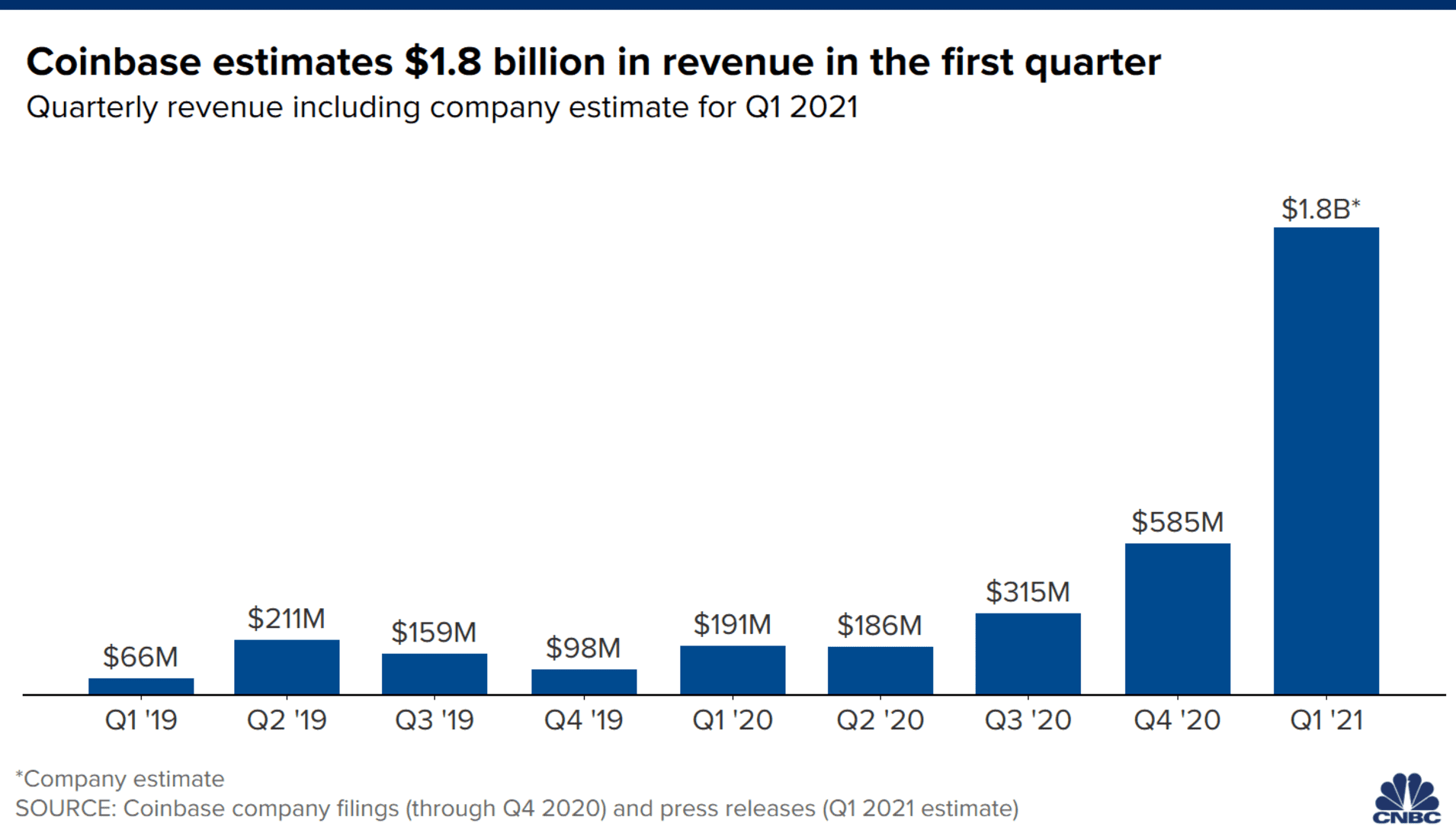
Initially projected to debut at $250 per share, Coinbase shares rose as high as $429 on opening day, with the company’s valuation exceeding $100 billion momentarily. At the time of writing, the market cap of coinbase has dropped to $85 billion with each share selling for $328. This means that Coinbase is valued above established and older exchanges like Intercontinental Exchange (ICE), which is the parent company of the New York Stock Exchange and has an $85 billion market cap. It is also way ahead of Nasdaq (NDAQ) valued at $26 billion in terms of valuation. This qualifies the public listing of Coinbase shares as a watershed moment and it further announces the maturity of the crypto market.
However, for Brian Armstrong, this is only just the beginning. Although the successful debut of $COIN validates the business principle of Coinbase, it is only a stepping stone to something greater:
“Today’s listing is a milestone, but it’s not as important as every new day in front of us. Coinbase has an ambitious mission: to increase economic freedom in the world. Everyone deserves access to financial services that can help them build a better life for themselves and their families. We have a lot of hard work to do to make this a reality.”
This is not the first time Brian Armstrong would be outlining the bigger picture. The exchange has opted for business principles that prioritize the expansion of the Coinbase ecosystem over every other thing, including social activism. And while some may view the company’s nonchalance to issues that do not intertwine with its mission in a negative light, it is commendable how the exchange keeps to what it believes.
Why is this an important feat?
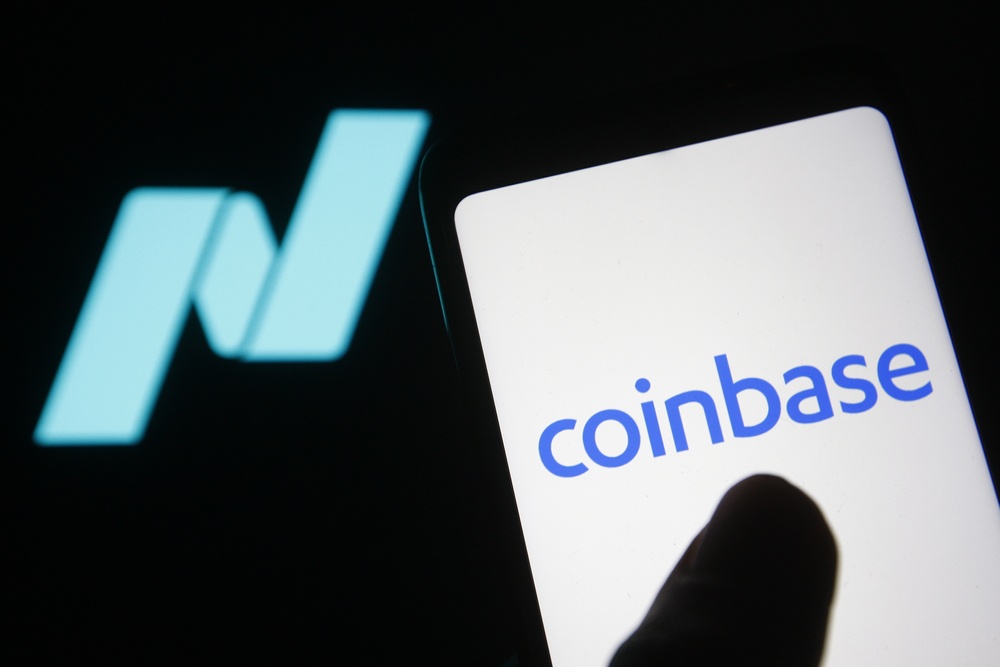
It is worth mentioning that the successful debut of Coinbase opens up new opportunities for investors who cannot or do not want to hold cryptocurrencies directly. For such investors, buying the shares of the largest crypto exchange in the United States is an alternative and safer crypto investment option. And owing to the high demand for Coinbase shares, the company has become a regulated avenue to bet on the short or long-term successes of bitcoin and the crypto market as a whole.
According to Ashley Ebersole, a former SEC Enforcement attorney, and current partner at Bryan Cave Leighton Paisner, Coinbase is a different breed of exchange because it complies with strict regulations. He said:
“If you’re an investor or a watcher in the crypto industry, you’ve had white papers and that kind of thing to date. Depending on the issuer of a crypto asset, you’ve had various degrees of disclosure and information out there but having an entity that’s SEC-regulated and a reporting company is a whole different ball game.”
For Alex Mashinsky, CEO and co-founder of Celsius, the Wall Street debut of Coinbase is a source of validation for the crypto industry and a reminder that cryptocurrency is the future of finance:
“We look at the Coinbase listing as an additional validation of the space, and a major PR opportunity for the entire industry to shine as the future of finance. Coinbase has more users and more revenues than many of the largest Wall Street players and is more profitable than any major exchange, this validation puts most skeptics at a crossroads having to re-evaluate their denial and frustration with the disruption coming at them from all sides.”
The world has somewhat moved on from the era where publications ran amok with headlines associating Bitcoin to the dark web. Now, investors are coming to terms with the profitability of crypto such that established firms like Square, Microstrategy, and Tesla have all adopted bitcoin treasury strategies. These developments play into the explosiveness of the prices of cryptocurrencies in the last 6 months. Therefore, it comes as no surprise that Coinbase is thriving even on Wall Street.
The exchange is one of the most visible brands in the crypto industry and its operations directly trail the performance of crypto assets, especially Bitcoin. Therefore, as stated by Mashinsky, think of coinbase listing as the tipping point for Bitcoin’s recent PR campaign geared at promoting the digital asset as an alternative investment vehicle rather than a haven for illicit entities.
Ben Lilly, the co-founder of Jarvis Labs, commented that the success of Coinbase listing validates the valuation of digital assets and showcases the profitability of the sector:
“Coinbase is the watershed moment in terms of legitimizing some valuations you see in crypto, particularly around DEXs who have a tiny fraction of the amount of employees and opex [operating expenses] that a Coinbase or ICE has. Crypto is an asset with incredible volume and diversity, which is poised to grow even more. Coinbase showcases how profitable exposure to this market can be. Also, I expect a wave of M&A and VC activity on the heels of this as private investors will be asking their fund managers for exposure to this space.”
While explaining the importance of Coinbase listing to mainstream investors, Ben Lilly added that it gives investors a proper template to value crypto investment opportunities:
“You always need that bridge. How legacy markets value a company that operates in crypto is that bridge. Now legacy investors can walk across the bridge and realize it’s an untapped ocean of investable assets. They might not invest right away, but their framework for how to value something gets easier.”
Likewise, it tells the story of the growth potential of the crypto industry. It is easy to forget that the crypto industry is just in its 12th year of existence. The sector has had its fair share of ups and downs but it has maintained an impressive level of growth. Currently valued at $2 trillion, the crypto market has become a yardstick by which to judge the growth potential of companies like Coinbase. To this end, Coinbase listing and the current valuation of the company is a clear reflection of the increased potency of the crypto narrative.
Why was Coinbase listing a success?
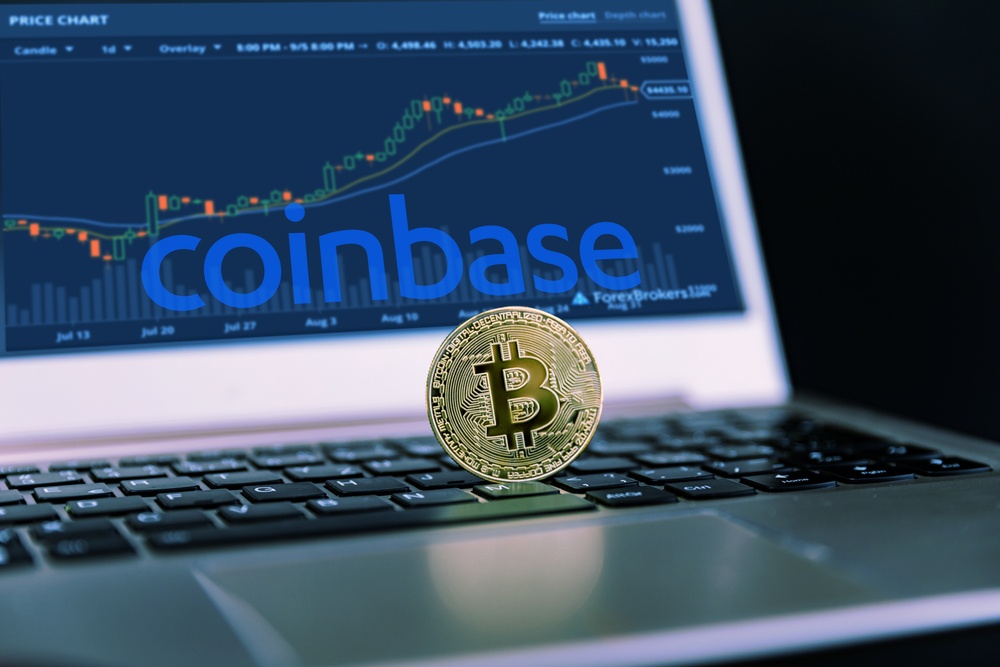
As stated earlier, the Coinbase listing is indicative of the growing acceptance of bitcoin. Note that the debut of Coinbase stock came at a time when Bitcoin is registering impressive price performance.
A bitcoin is currently priced above $60,000 which is double what it was sold for at the beginning of 2021. The explosiveness of bitcoin had forced investors and corporations to take digital assets seriously. For instance, Mastercard and Visa are working round the clock to incorporate sophisticated crypto payment solutions. Tesla, on the other hand, has begun to accept Bitcoin. All these developments point to increased Bitcoin adoption. Therefore, Coinbase debuted on Wall Street at a strategic timing. This alone is enough to propel a successful listing of a solid crypto company.
Another factor is the status of Coinbase in the crypto industry. Very few companies have managed to exert the level of dominance that Coinbase has in the crypto sector. The exchange has adapted to trends, incorporated strict crypto regulatory frameworks, attracted users in their numbers, and pushed for new crypto frontiers. Coinbase is currently present in over 30 countries and has become the ideal crypto gateway for new investors. Its flagship services borders on the buying, selling, and storing of cryptocurrency, which are still very much relevant services in the crypto spaces.
The fact that new entrants almost always opt for Coinbase for their first crypto purchases is a good enough reason to buy the company’s shares. There is also a sense of conviction in the way Coinbase goes about its business. There is no mincing of words when it comes to the regulatory standpoint of Coinbase. The exchange has defined its stance whenever possible: It will always ensure that its actions and services conform with established regulations governing the jurisdictions where it operates. Hence, investors understand that Coinbase runs a legitimate business that is compliant and licensed to provide crypto services in the biggest economy of the world.
Furthermore, it is a profitable business. The exchange has trailed the profitability of the crypto market in the last decade. As such, the latest bull market has had an unprecedented impact on the revenue and performance of the exchange.
According to a press release published by Coinbase detailing the estimated results of Q1 2021, the exchange generated total revenue of $1.8 billion in the first 3 months of 2021, which is a nine-fold increase from the revenue recorded a year ago. Also, its net income surged from $32 million a year ago to $730 million. The exchange currently has 56 million verified users and 6.1 million monthly transacting users (MTUs).
Other key performance metrics show that Coinbase controls over $223 billion worth of digital assets, which represents 11.3% of the entire crypto market share. Coinbase owes this explosive growth to the ongoing crypto bull market. Coinbase wrote:
“Crypto markets have observed four major price cycles since 2010 which have typically had durations ranging from two to four years. On average, these price cycles have increased the overall crypto market capitalization significantly from the prior cycle and attracted new users into the cryptoeconomy. These cycles can be highly volatile, and as a result, we measure our performance over price cycles in lieu of quarterly results. We believe that we can create long-term value throughout these price cycles.”
The exchange added that it expects “meaningful growth in 2021” propelled by transaction and custody revenue from the influx of institutional involvement in the crypto market. Besides, it expects that the MTUs will continue to grow and peak at 7 million if the crypto market capitalization continues to increase all through 2021. If not, the exchange projects a decrease of MTUs to 4 million if the market capitalization drops significantly like it did in 2018.
However, Coinbase believes that the long-term growth of its user base is secure since we are still in the early phase of the development of the crypto industry. As such, there is enough room for growth as bitcoin and other altcoins become appealing to a larger audience:
“MTUs, Trading Volume, and therefore transaction revenue currently fluctuate, potentially materially, with Bitcoin price and crypto asset volatility. This revenue unpredictability, in turn, impacts our profitability on a quarter-to-quarter basis. In terms of expenses, we intend to prioritize investment, including in periods where we may see a decrease in Bitcoin price. This is because we believe that scale is central to achieving our mission and it is still early in the development of this industry.”
When you compare this to other companies in the IPO pipeline, the performance of Coinbase in Q1 of 2021 is unprecedented. Therefore, it is clear why there is a high demand for Coinbase shares. Coinbase is a market leader in its industry and it is one of the most dominant forces to have listed on Wall streets in recent months.
Even though these arguments showcase Coinbase’s strong business foundation, some skeptics believe that the exchange is overvalued or a dent in the ethos of bitcoin and decentralization. Others argue that Coinbase, in its last 10 years of operation, has not come close to achieving its goal of creating an open financial system for the world.
What are skeptics saying about Coinbase listing?
For some, there is no justification for the over $80 billion valuation of Coinbase. They believe that Coinbase can’t meet the lofty expectations that have spurred investors to buy the company’s stock at over $300 per share. To back up this argument, skeptics highlighted that the exchange must emerge as the largest financial exchange in the world to justify its projected $100 billion valuation.
Innovation

Another factor raised by David Trainer, CEO of New Constructs, is that Coinbase is not bringing any innovation to the financial industry. Coinbase specializes in buying and selling cryptocurrencies and that is all there is to it. Trainer stated:
“I think it’s [Coinbase] worth closer to $5 billion or $10 billion as opposed to $100 billion. Look, this is the brokerage industry — it’s not new. Coinbase is not reinventing the wheel here in any way. They are just trading a new product. There is no reason that the New York Stock Exchange or Nasdaq couldn’t also potentially trade crypto.”
Thomas Meyer of Cove Market also echoed this line of thought when he stated that Coinbase must bring innovation to the crypto narrative to retain its market share. He wrote:
“Valuation can be more of an art than a science. A lot of factors must be taken into consideration before deciding the exact price tag to put on a business. Coinbase is currently the biggest name in U.S. crypto trading and has certainly earned a premium for that as the market has climbed. However, crypto is an all-out arms race with innovation occurring at breakneck pace. Can Coinbase keep up to justify a $100 billion valuation? Color me skeptical.”
Competition

Trainer explained further that the influx of crypto trading platforms will force Coinbase to reduce its fees, which currently accounts for over 90% of its revenue. The potential adoption of cryptocurrency by established banks could limit the growth potential of Coinbase:
“We think everybody that can trade crypto will want to get in and get a piece and you will see a race to the bottom in terms of margins like what we have seen in stock grading, which is zero commission. So the idea that Coinbase would grow revenues 150% — to the combined revenues of Intercontinental Exchange and Nasdaq — while also having margins that are 40 to 50 times higher, we just think that means it’s [the company] is expensive. Not to say it’s a bad product or a bad company, it’s just a little expensive right now.”
In other words, the value of $COIN depends on the capacity of the exchange to stay ahead of the pack without having to compromise on the pricing of its services. Up until now, Coinbase has managed to ward off competitors and still maintain its fees policy. This is because there is more to users’ indifference to Coinbase’s high commissions than meets the eye.
Users are not just paying to buy and sell crypto coinbase. They are also paying for the seamlessness that the exchange provides, the regulatory cover that it offers, and the security that it delivers. The complexity of crypto payment and trading facilities is a well-documented barrier for mainstream investors. Therefore, users do not mind paying higher fees to use a more flexible exchange that is compatible with traditional banking systems.
The other talking point when it comes to crypto restrictions is regulation. Not many crypto exchanges have the drive to adapt to the ever-changing crypto regulation. Compliance is even more difficult when you run an exchange that is available in several jurisdictions. Hence, since Coinbase has gone all out to ensure that it remains compliant, then it will naturally attract users that are very much interested in the assuredness that licensed and regulated exchanges provide. To these crypto proponents, the price paid to remain on the right side of the law is nothing compared to the risks associated with using unregulated crypto gateways.
Lastly, it is hard to come by a crypto exchange that has not suffered any form of security hack. Judging by the unblemished security status of Coinbase, it is safe to say that it takes security seriously. Therefore, users have a level of confidence in the safety of their digital assets on Coinbase. All of these reasons have helped Coinbase establish its brand at the heart of the crypto industry, regardless of the high fees imposed on users. However, this could change at any time.
Although Coinbase has managed to retain its relevance in the crypto industry up until now, there is no saying whether the entrance of established financial institutions would cut into its market share. If financial juggernauts like Goldman Sachs, Nasdaq, and the likes muster the courage to go all out into the crypto industry, then they will automatically offer the three selling points that have kept Coinbase atop the crypto sector. When this happens, retail traders and institutional investors, especially in the United States, will be spoiled for choice. The question is: Will they continue to tolerate the fee policy of Coinbase when there are even more established alternatives offering lower commissions?
Bitcoin purists
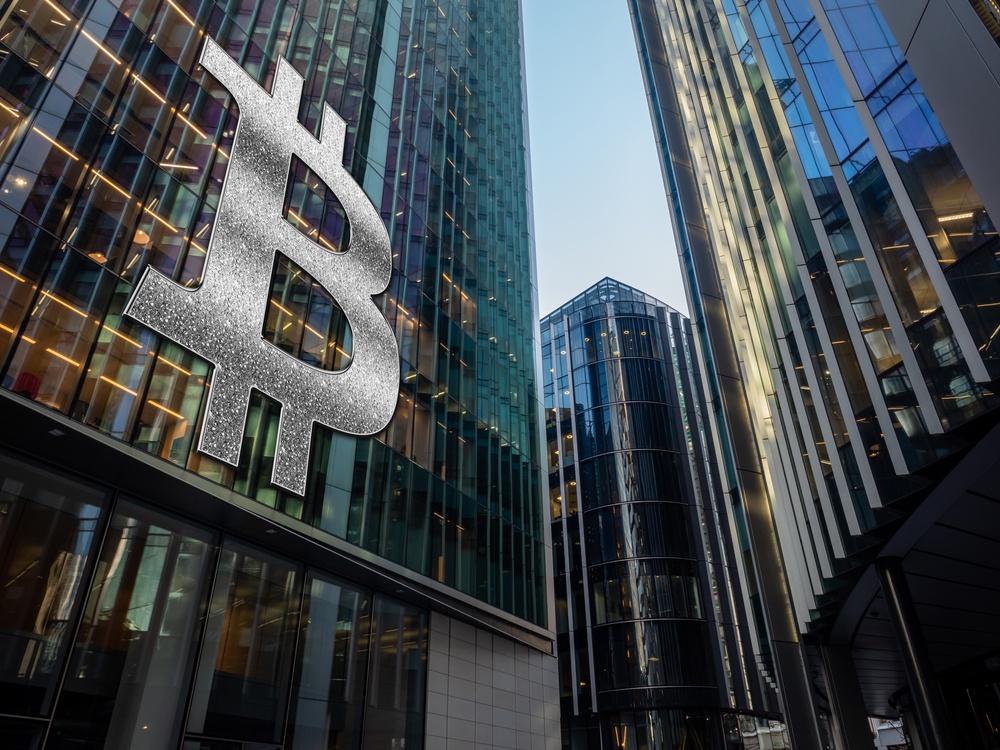
Also, some believe that the investors will be better served by investing in digital assets directly instead of buying Coinbase shares. While Coinbase will likely trail the performance of the crypto market, the value of the stock also relies on the dominance of the exchange in the crypto market. Coinbase must grow its market share in the crypto sector. If it fails to defend its market position, it would not matter whether the price of bitcoin or Ethereum is soaring or not. Hence, some investors may opt for direct exposure to the crypto market rather than buying stakes in a crypto-focused company.
This argument is mostly used by Bitcoin maximalists to downplay the prominence of Coinbase in the crypto movement. The bone of contention here is the business principle of the exchange and how it goes against what they believe bitcoin stands for. Bitcoin purists are not all that hyped about the notion that Coinbase shares offer exposure to the bitcoin market. To them, it is impossible to enjoy the benefits of bitcoin by buying a stake in a centralized exchange. Why is this so?
For one, the exchange holds just $230 million worth of bitcoin on its balance sheet. To put this into perspective, Microstrategy, which recently started acquiring bitcoin owns over $2 billion worth of the crypto asset. Tesla bought $1.5 billion worth of bitcoin earlier this year. Therefore, it seems that Coinbase, which has operated in the crypto sector since 2012 and owes its success to the performance of bitcoin, is not heavily invested in the bitcoin market.
There are also instances where the actions or the inactions of Coinbase showed that it does not value the privacy of its users. At one point, the exchange bought a surveillance tool, which it later sold to the Drug Enforcement Administration and the Internal Revenue Service. For a company whose mission is to enable an open financial infrastructure, the business ideals of Coinbase raises some concerns. How do you provide an open financial terrain without preserving the privacy of participants?
Price cycles

This last point also brings to mind the volatility of the crypto market and how the fate of digital assets would have a significant impact on the profitability of Coinbase. Recall that Coinbase admitted that price cycles determine the profitability of its exchange. More users tend to use the platform when Bitcoin and other supported cryptocurrencies are recording positive price movements. Therefore, bear markets, which normally last for 2 years, would play into the value of $COIN.
According to an analysis authored by David Trainer and published on MarketWatch, Coinbase will see a cut in its revenue whenever there is a low demand for cryptocurrencies. The report reads:
“In 2020, bitcoin and ethereum accounted for 56% of Coinbase’s trading volume and an equal percentage of transaction revenue. Should demand for these two cryptocurrencies decline without an offsetting increase in new cryptocurrencies, Coinbase could see significant cuts to its trading volume and transaction revenue.”
DeFi
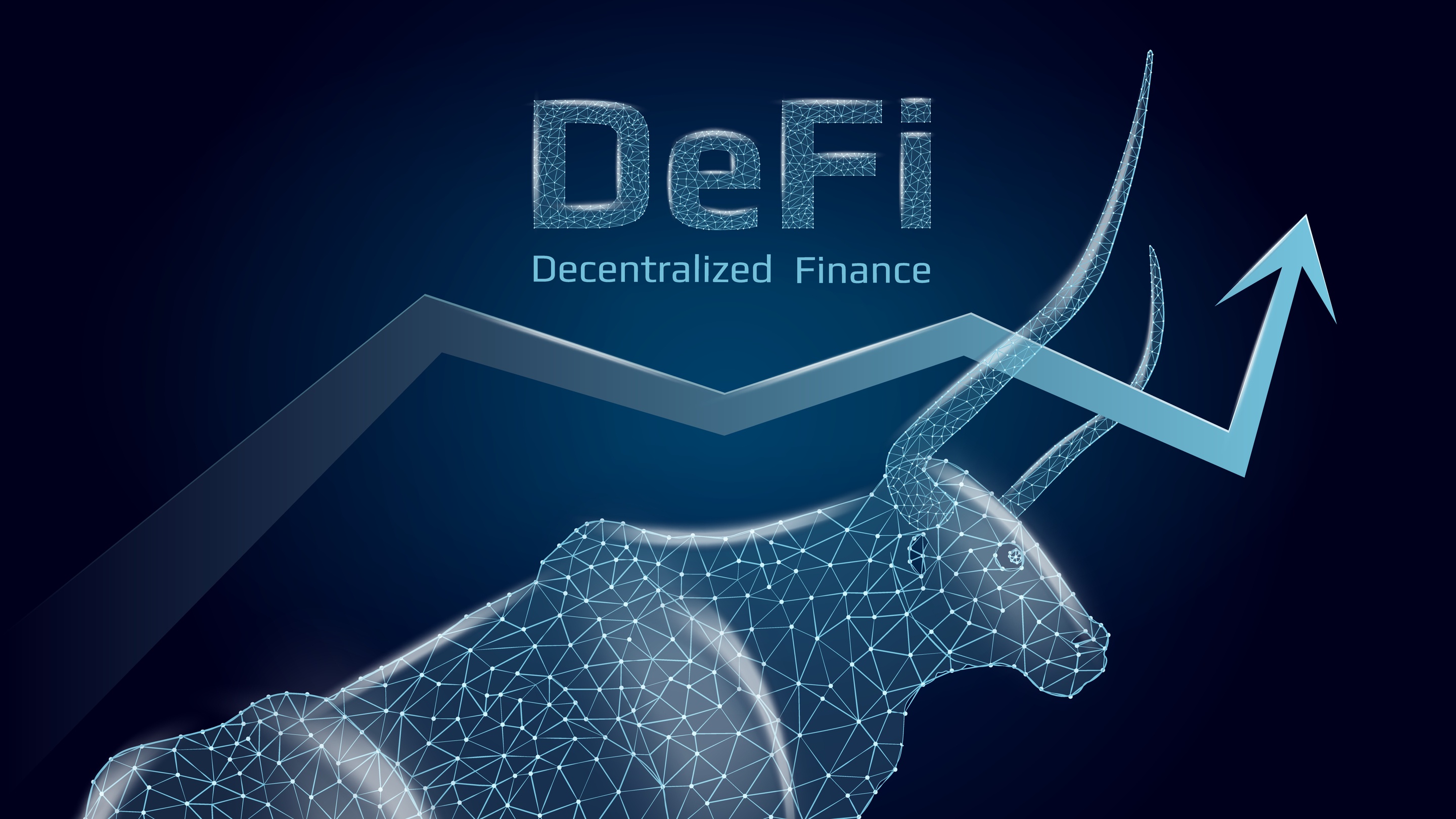
There is also the looming emergence of decentralized finance. For what it is worth, this innovative concept that offers non-custodial financial products is increasingly becoming a mainstay in the crypto market so much so that the value of the assets locked in the emerging sector have risen by $40 billion in a space of 12 months. Using Uniswap as an example, Thomas Meyer explained that the explosiveness of decentralized exchanges will reduce the market share of Coinbase. Meyer wrote:
“Uniswap, the most active decentralized exchange (DEX), recently reached $100 billion in cumulative all-time volume. While that pales in comparison to Coinbase’s all-time volume of more than $450 billion, Coinbase was founded in 2012, whereas Uniswap didn’t get its start until late 2018… Until more data is available, whether Uniswap, and to a lesser extent Sushiswap, can overtake centralized exchanges like Coinbase is a matter of opinion. It’s entirely possible they can all co-exist, but Uniswap may end up taking a huge bite out of Coinbase’s pie.”
Note that many of these skeptics are not disputing the fact that Coinbase is a good company. Most are however questioning its current valuation and its capacity to sustain it.
Will this be the beginning of many IPO listings in the crypto industry?
Trends tend to be copied, especially when they deliver impressive results. Therefore, it is not outrageous to expect more crypto companies to go public. While using the performance of Nasdaq and the London Stock Exchange as a reference, David Jones, chief marketing strategies for Capital.com, explained that crypto exchanges are more than capable of thriving in the stock markets:
“It is another step for cryptocurrencies being perceived as shifting further into the mainstream. If this continues, and there are no signs yet of that stopping, then exchanges for buying and selling should do well. It is by no means a perfect comparison of course, but listed shares of exchanges such as Nasdaq and the London Stock Exchange have respectively done very well over the years.”
Kraken
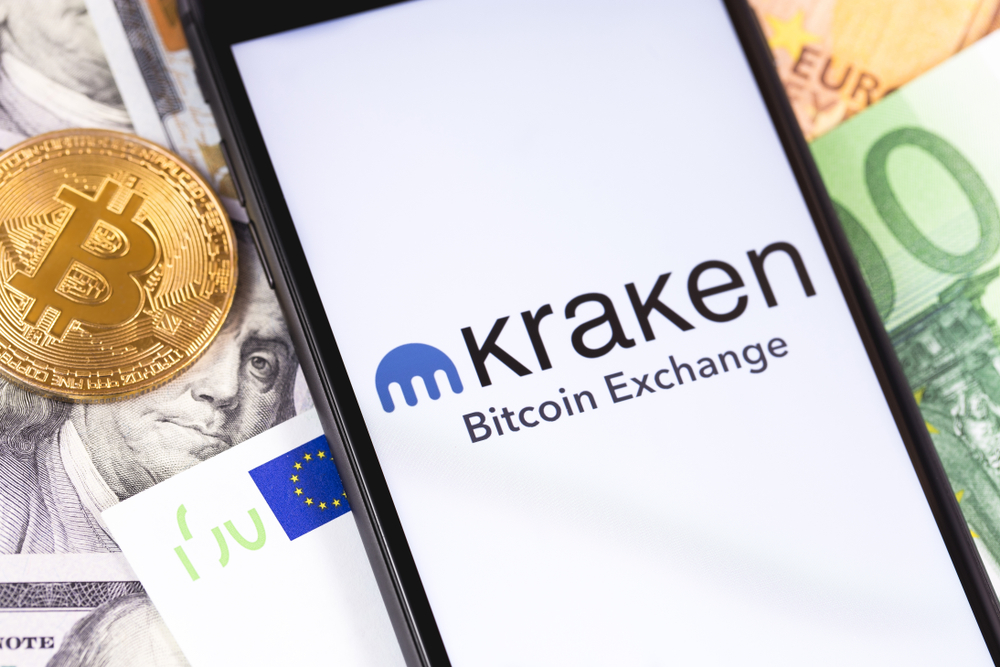
One of the companies that would likely conduct an IPO in the coming year is Kraken, a US-based crypto exchange and a direct competitor to Coinbase. Like Coinbase, Kraken has a sound business brand and has managed to cope with the uncertainties of the crypto market. Thanks to the volatility of Bitcoin, Kraken recorded an explosion of trading volume and an influx of new users in Q1 2021.
According to CNBC, the spot trading volume surged to an unprecedented $160 billion, which is 1.5 times what was recorded in the entirety of 2020. The exchange also saw four times the number of new users recorded in the second half of 2020. While commenting on the unprecedented growth brought about by the explosion of crypto prices, Jesse Powell, CEO and co-founder of Kraken, explained that the exchange has exceeded all expectations:
“For us, any volatility is good but it’s always better when it’s on the way up. The first quarter just completely blew away the entirety of last year. We beat last year’s numbers by the end of February. The whole market has really just exploded.”
Also, he stated that Kraken is looking to conduct a direct listing in 2022 as Coinbase did. However, for now, they are in talks with investors to set up a new round of private funding, which could raise the value of the exchange to $20 billion. Powell stated:
“We have been in some talks to do another round. We’ve kind of been delaying a bit to see where the Coinbase valuation comes in at. I suspect that the price is gonna pump much higher than it has been trading at. We’re not in a rush to raise capital… The reason to do it would just be to bring on some more strategic investors who can help us with geographic expansion and growth.”
Brain Kerr, CEO of Kava Labs, said that the performances of shares of crypto exchanges, like Kraken, on secondary markets are indicative of the success that awaits them on Wall Street. Kerr explained:
“It bodes well for other U.S. exchanges like Kraken which seems to be preparing to follow suit. Shares of Coinbase and Kraken are already trading well on secondary markets like Sharespost and Linqto with heavy multiples,”
Gemini

Another exchange that could follow Coinbase’s lead is Gemini. Also situated in the United States, Gemini has built a reputable crypto exchange that is very much conversant and compliant with regulatory requirements. Although smaller compared to Coinbase and Kraken, it has the sort of business framework that would appeal to Wall Street investors.
Binance

Then there is Binance, the largest crypto exchange globally. The exchange currently averages over $60 billion worth of trades daily and exposes its users to a wide variety of altcoins. Like Coinbase, Binance is looking to expand its ecosystem such that it can cater to all of the crypto needs of its users. Apart from the exchange platform, Binance offers investment accounts, a crypto debit card, staking services, and a p2p network to users
Since Coinbase also provides a similar suite of services, it is clear that both platforms are competing for market dominance on the global scene. Therefore, it would be interesting to see if Binance will consider going public and whether it could manage to surpass Coinbase’s current $85 billion market cap. Judging by its market share and the valuation framework set by Coinbase shares, nothing is stopping Binance from hitting the $100 billion market cap.
Final thoughts
As you would have noticed, the debut of Coinbase on Wall street generated a lot of talking points. There is also no accurate way to gauge the short-term and long-term impact of this event. However, I am certain that it is only the beginning of mainstream crossover for crypto companies, particularly the billion-dollar valued exchanges. Expect more crypto companies to jump on this trend in the next couple of years.
And although skeptics have downplayed the valuation of Coinbase or projected potential pitfalls, what matters is how it validates the crypto industry. The success of the Coinbase listing showcases the investment potential of the crypto industry. It also set a valuation framework for other exchanges. All in all, this is a win for the crypto sector.
